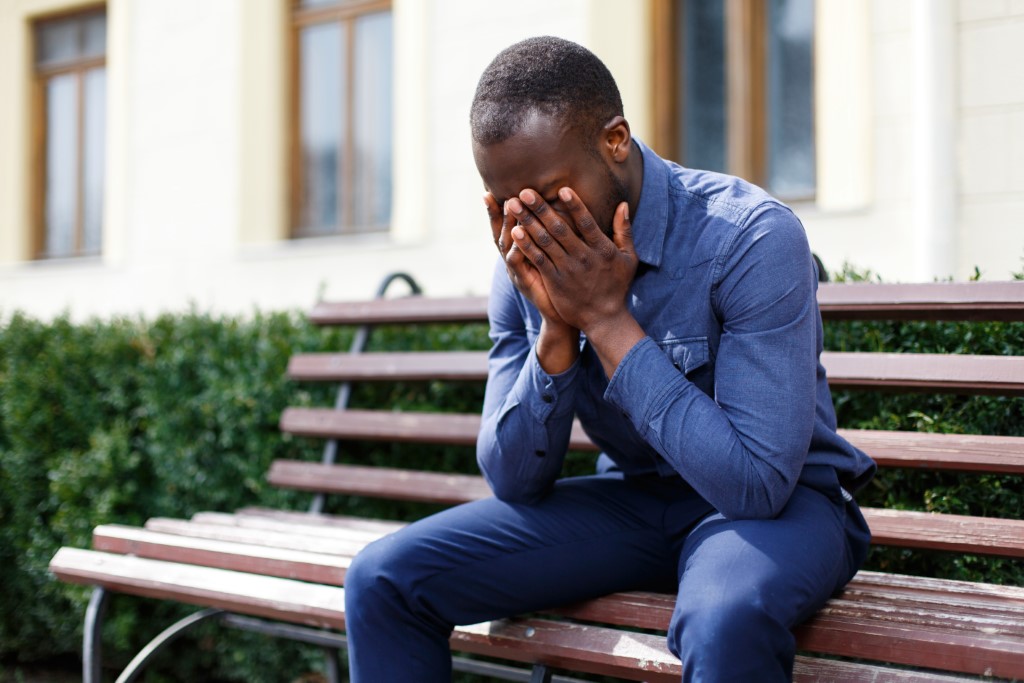Facing the double stigma of HIV and addiction is a heavy burden, one that’s difficult to fully understand unless you’ve walked in those shoes. Yet, here in South Africa, you’re far from alone. HIV rates remain high, and addiction is a widespread issue that’s often swept under the rug. Both are accompanied by social stigmas that can make recovery doubly challenging.
Let’s first dispel a myth: not everyone who has HIV is an addict and not every addict is HIV-positive. Yet, there are unique intersections where these conditions meet. For instance, sharing needles can increase the risk of HIV transmission. What you might not know is that people who are HIV-positive are more likely to use substances as a coping mechanism for the emotional and physical toll of the illness, inadvertently finding themselves entangled in addiction as well. Substance abuse can further weaken the immune system, complicating HIV treatment.
The healthcare system, unfortunately, is often ill-equipped to deal with the co-occurrence of these conditions. The separation of mental health services from physical health services in South Africa means that you could find yourself shuttled between different programs that don’t effectively communicate with each other. However, an integrated approach that combines care for HIV and addiction does exist, although it’s far from widespread. As a patient, demanding better coordinated services isn’t just your right; it can be a matter of life and death.
But don’t lose heart; recovery is absolutely possible. There are specialized rehab facilities that focus on treating both conditions concurrently, emphasizing both medical treatment and emotional support. Your condition doesn’t define you, and neither does society’s stigma. There are places where you can get the help you need. Reach out for professional support and lean on communities who understand the complex struggles you’re facing. In your quest for health and happiness, remember the words of Nelson Mandela: “It always seems impossible until it’s done.”
Tips for Navigating The Double Stigma of HIV and Addiction
- Know Your Rights: You have the right to proper healthcare and shouldn’t settle for fragmented services. Research healthcare providers in South Africa who specialize in both HIV treatment and addiction recovery.
- Demand Integrated Care: When meeting healthcare providers, make sure to ask if they offer integrated care for both conditions. You want a seamless approach where the medical team communicates and coordinates effectively to treat you.
- Secure Confidentiality: Stigma is real, so ensure your personal information is kept confidential. Privacy in treatment is not just preferable; it’s your right.
- Seek Peer Support: Sometimes, the best advice comes from those who’ve been in your shoes. Look for support groups focusing on HIV, addiction, or preferably both. Their shared experiences can offer you valuable insights.
- Be Honest with Healthcare Providers: Full disclosure about your addiction and HIV status can only aid in your treatment. Keep your healthcare team in the loop about all medications you’re taking and lifestyle choices you’re making.
- Practice Safe Behaviors: Protect yourself and others by using clean needles if you’re injecting drugs, and always use protection during sexual activities. Many facilities provide free or low-cost supplies; avail yourself of these.
- Follow Treatment Regimens: Consistency is key when it comes to taking antiretroviral medications for HIV or medications for addiction treatment like Methadone. Make sure you’re taking your prescribed dosages at the right times to improve your chances of successful treatment.
- Engage in Mental Health Services: The emotional toll of dealing with both HIV and addiction can be overwhelming. Access mental health services like counseling or therapy to help you process your experiences.
- Utilize Government Programs: South Africa has government-funded programs aiming to help individuals like you. Take advantage of these when possible.
- Never Give Up: The road to recovery is challenging but possible. Keep yourself educated, stay in regular touch with your healthcare providers, and stay committed to your treatment plan.
You may feel the weight of the double stigma of HIV and addiction pressing heavily upon you, but know that your strength is greater than any obstacle. You live in a time and place where integrated treatment is possible, where stigma is being actively combated, and where there is a communal push for understanding and support. South Africa may have its unique challenges, but it’s also home to resilient communities and resourceful individuals who break barriers daily. Whether it’s navigating the complexities of the healthcare system or seeking effective, compassionate treatment, you’re not alone.
By taking each step with awareness and resolve, you’ll not only improve your own life but also contribute to challenging the stigmas that persist in society. You’ll be a beacon for others who are in the same difficult situation, proving that it is possible to rise above. To quote Nelson Mandela, “It always seems impossible until it’s done.” Your recovery, your peace, and your dignity are not just possible; they’re within your reach. Keep pushing, keep believing, and keep being the light that cuts through the darkness.

